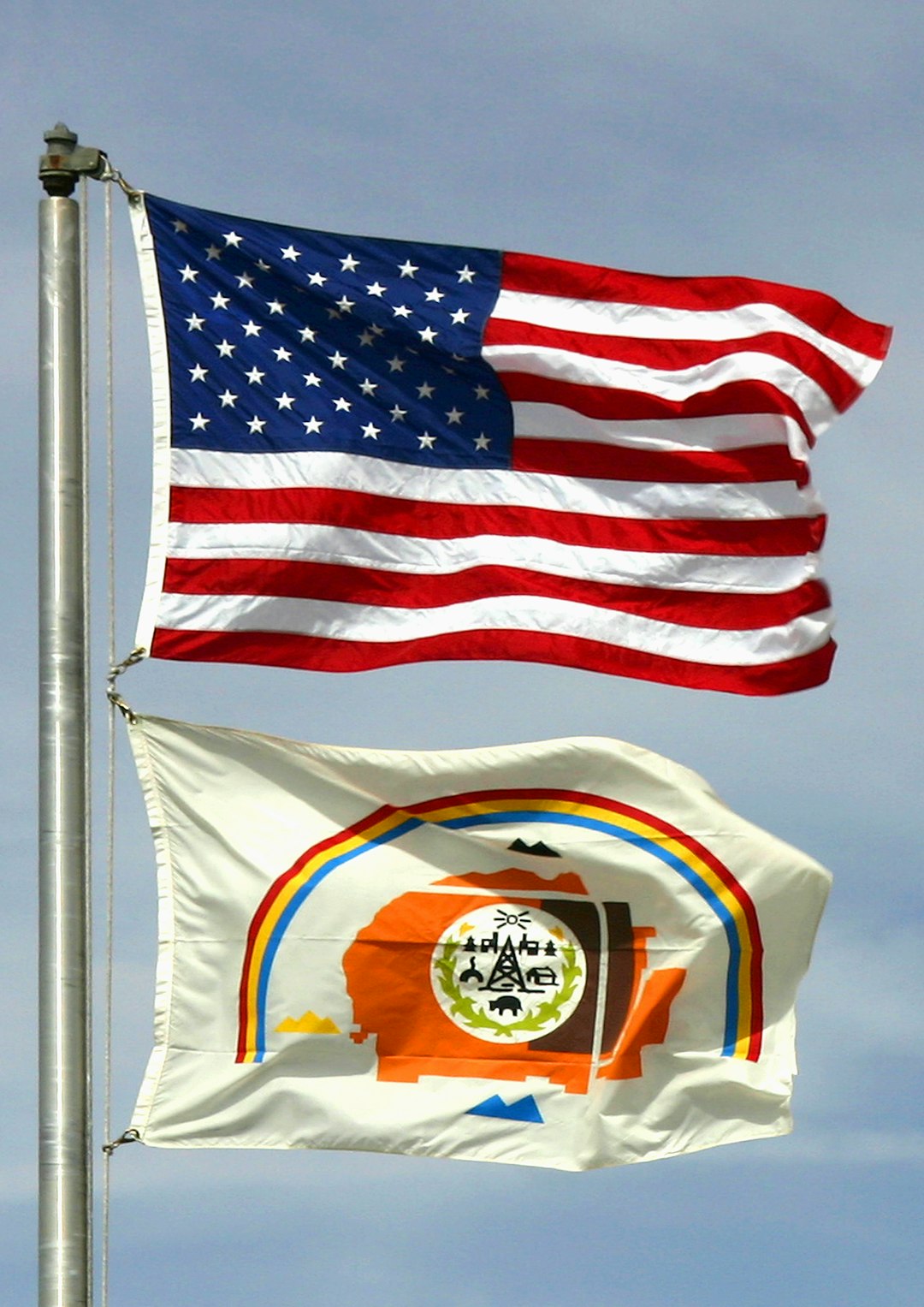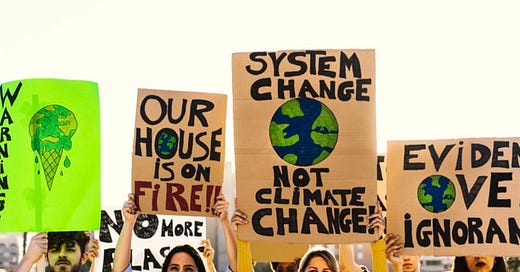State Trials and the Supreme Court
Youth Activism and Conflicting News for Indigenous Communities
Hey everyone, we’re back with more climate news. First, we have added over 100 new actions to our Climate Action Explorer in the past two weeks, so be sure to check out actions near you! Next, this past week in the climate movement, some big things went down: The historic Held v. Montana youth climate trial concluded with national recognition of the hard work of the plaintiffs, and the Supreme Court came out with two important decisions regarding Indigenous communities.
Youth Climate Action
In the recent Held v. Montana trial, youth plaintiffs in Montana claimed that fossil fuel energy violates their right to a clean environment and to seek safety, health, and happiness. The trial concluded on June 20th after hearing many testimonies from the youth, and we are currently awaiting a verdict. With some good news, some bad, and some unknown, we will be unpacking those topics today and figuring out what can still be done to support these groups.
In addition to the Montana plaintiffs, other youth groups have been inspired to take action and have gone to the courts in their own states. There are currently youth climate cases in Montana, Hawaii, Utah, and Virginia, with another emerging in Florida. More information about the specifics of each of these Youth v. Gov cases can be found at Our Children’s Trust.
Today, I’d like to highlight the case of Navahine v. Hawaii Department of Transportation, in which 14 youth plaintiffs filed a constitutional climate lawsuit. In Hawaii, where the case has been filed, there is a legal mandate to decarbonize the economy and reach net-zero by 2045, and these youth are taking it into their own hands to ensure this happens.
The youth filing this case, ages 9-18, are focusing on the harmful impacts of the greenhouse gasses that the transportation system produces. Just as in the Held v. Montana case, the right to a “clean and healthful environment” is in the Hawaiian constitution, so the plaintiffs are looking for the transportation system to be declared in violation of the constitution. While the trial was set to take place on September 26, 2023, the plaintiffs are currently awaiting a new trial date, as the judge presiding over this case wants to ensure both sides have enough time to prepare a fair trial.
So, you may not live in any of these states nor qualify as a “youth,” but you can still support these ongoing cases: You can sign a wall of support to back the plaintiffs, continue following the case as it nears trial, and take action through Our Children’s Trust, which is supporting four youth constitutional climate lawsuits right now.
Supreme Court Rulings

Climate justice and Indigenous justice are tightly entwined, so next up, we’ve got news on two Supreme Court rulings around Indigenous rights: On Thursday, June 15th, the Supreme Court upheld the 1978 law from the Indian Child Welfare Act to keep Native American children with those of their tribe and tradition. The case contained a white foster family from Texas against five tribes and the Department of the Interior. The tribes argued that they are a political entity, and therefore do not violate the equal protection principles since they were not arguing based on race. Keeping Indigenous families together is a win for Indigenous tribes and their traditions.
With that said, seven days later on June 22nd, the Supreme Court ruled against the Navajo Nation in a water rights dispute. The tribe’s goal was to identify its water rights since around ⅓ of their 170,000 residents don’t have access to clean drinking water. The Navajo Nation claimed that the federal government has failed to address their desperate need for water access, and with a 5-4 majority, the Supreme Court ruled that the U.S. government has no obligation to secure water access to the Navajo Nation. Although the 1868 Treaty of Bosque Redondo guaranteed Navajo members a home on the reservation, a majority of the justices decided that this did not include water rights.
While this decision is a major disappointment and setback, there are still things you can do to support the Navajo Nation, one being donating to the Navajo Water Project, and supporting any further efforts to gain water access for the Navajo Nation.
While there was some hopeful climate news this week, and some hard news, it is important that we keep taking action and supporting youth and Indigenous activists. Be sure to keep looking for climate action through our Climate Action Explorer, and stay tuned for more updates on the climate movement!




